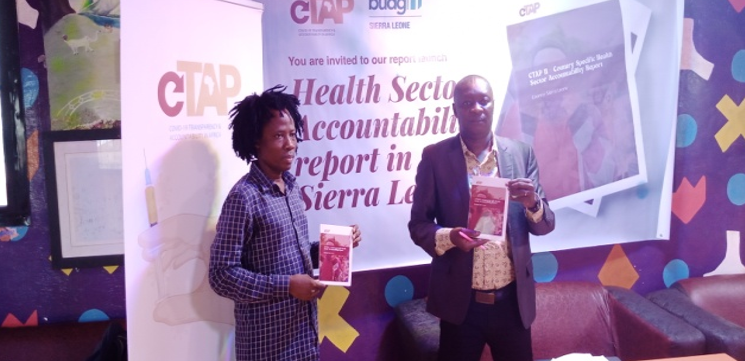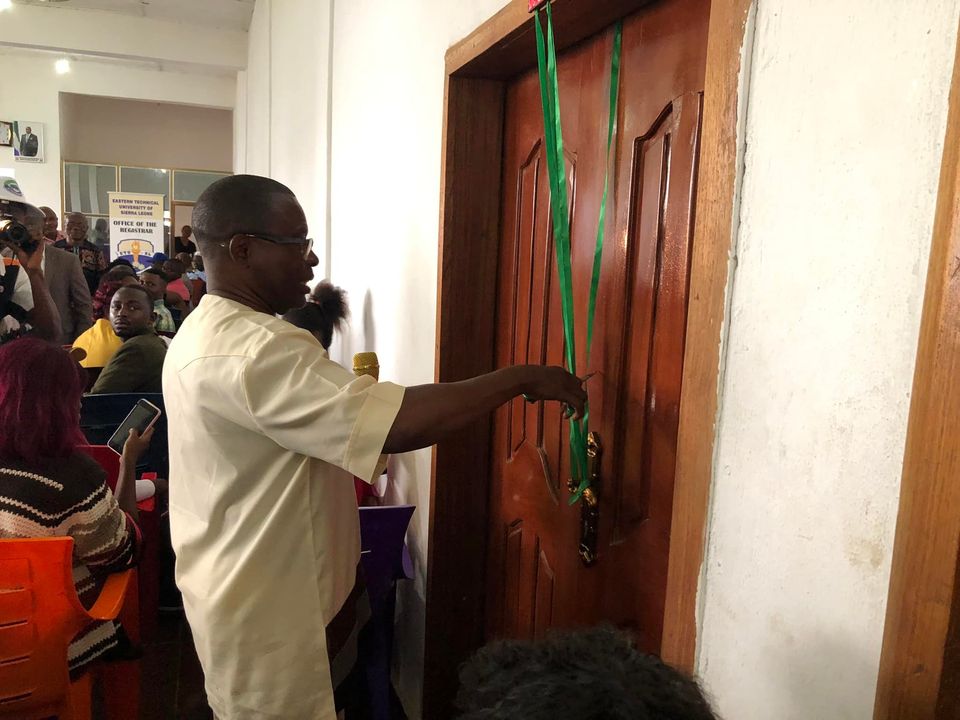By Henry Kargbo
“Specific Health Sector Accountability Reports” launched by BgdgIT last Thursday 1 September 2022 disgracefully exposed challenges in the country’s health sector, despite recent reports by the BBC African Service that Sierra Leone is offering medical and healthcare services to people from neighbouring Guinea and Liberia.Speaking during the launch of the “Specific Health Sector Accountability Reports”, BudgIT’s Programme Officer Daniel Conteh informed that the survey suggests that health care funding gap remains largely challenging in Sierra Leone. He observed that the health sector is yet to overcome its challenges despite claims of government’s commitment with so-called increased budgetary allocation to Ministry of Health and Sanitation.
According to the Report, the health sector received support from donor partners for other activities that are undertaken during their operations conversely.
BudgIT Programme Officer said support from central government is required to support the day-to-day administration of hospitals.
Conteh highlighted that the survey report suggested that access and accountability of healthcare facilities in the country are frequently visited by females of the 232 respondents under citizen’s voice, adding that data randomly shows that 175 are female, which accounted about 75.4% of the respondents, 24 were males and accounted for about 24.6% of respondents.
He furthered that the survey shows that more female visited the hospitals than their male counterparts.
The BudgIT Programme Officer said the age between 18 and 30 years account shows that 43.5% of youth visited the hospitals. He said that out of 214 respondents represented, 92.6% indicated have access to government medical facilities, while 13 representing about 5.6% of the respondents suggest that they visited private.
He said the survey also exposes the knowledge gap that principally funds government facilities in their localities, pointing out that the survey captured 73% respondents that did not know who funded their health facilities in the country, whilst 63.4% indicated that are not aware about funds provided for their local hospitals in their district to fight against the COVID-19 pandemic.
Conteh said that 72.4% indicated that they had received COVID-19 vaccines whilst 27.6% indicated that they had not received vaccination yet. Recommendations were put forward by Civil Society Organizations and the private sector.













